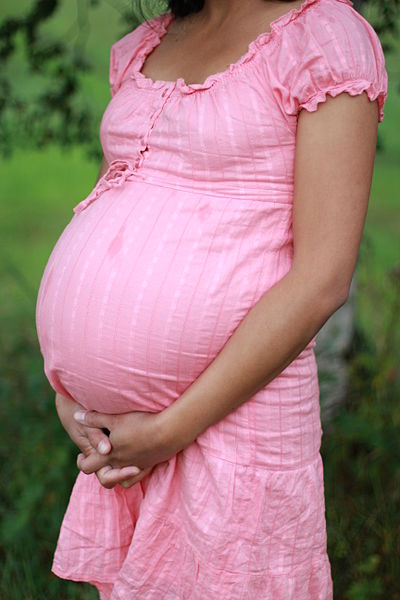It Took 7 Miscarriages, 10 IVF cycles, 9 Years, and Nearly $200,000 to Solve My Fertility Issues
By Elizabeth Katkin,
Marie Claire
| 06. 15. 2018
After six miscarriages, six fresh in vitro fertilization (IVF) cycles, two frozen IVF cycles, and one healthy not yet two-year-old daughter, I was told by my New York–based fertility specialist and embryologist to give up on having another genetic child. I had just turned 40. Though I had spent nearly $200,000 on fertility treatments in the U.S. and the U.K.—a staggering sum—my previous two IVF cycles had produced precisely zero useable embryos. The seasoned professionals at my clinic in New York gently told me that it was time to face facts: I likely had no good eggs left. Experts I had seen over the previous eight years echoed their opinion.
Throughout the course of my fertility journey, I had been “blessed” with the ability to produce lots of eggs. The IVF cycle that brought us our daughter had been no different than its predecessors: twenty-eight eggs retrieved, seventeen fertilized, and thirteen mature embryos on the third day of their existence—science-speak for a reassuringly ample supply. But genetic testing revealed a startling result: only three of our embryos were chromosomally normal...
Related Articles
By Diaa Hadid and Shweta Desai, NPR | 01.29.2026
MUMBRA, India — The afternoon sun shines on the woman in a commuter-town café, highlighting her almond-shaped eyes and pale skin, a look often sought after by couples who need an egg to have a baby.
"I have good eggs,"...
By George Janes, BioNews | 01.12.2026
A heart attack patient has become the first person to be treated in a clinical trial of an experimental gene therapy, which aims to strengthen blood vessels after coronary bypass surgery.
Coronary artery bypass surgery is performed to treat...
By Staff, ScienceDaily | 01.05.2026
Scientists at UNSW Sydney have developed a new form of CRISPR technology that could make gene therapy safer while also resolving a decades-long debate about how genes are switched off. The research shows that small chemical markers attached to DNA
...
Following a long-standing CGS tradition, we present a selection of our favorite Biopolitical Times posts of the past year.
In 2025, we published up to four posts every month, written by 12 authors (staff, consultants and allies), some in collaboration and one simply credited to CGS.
These titles are presented in chronological order, except for three In Memoriam notices, which follow. Many more posts that are worth your time can be found in the archive. Scroll down and “VIEW...




